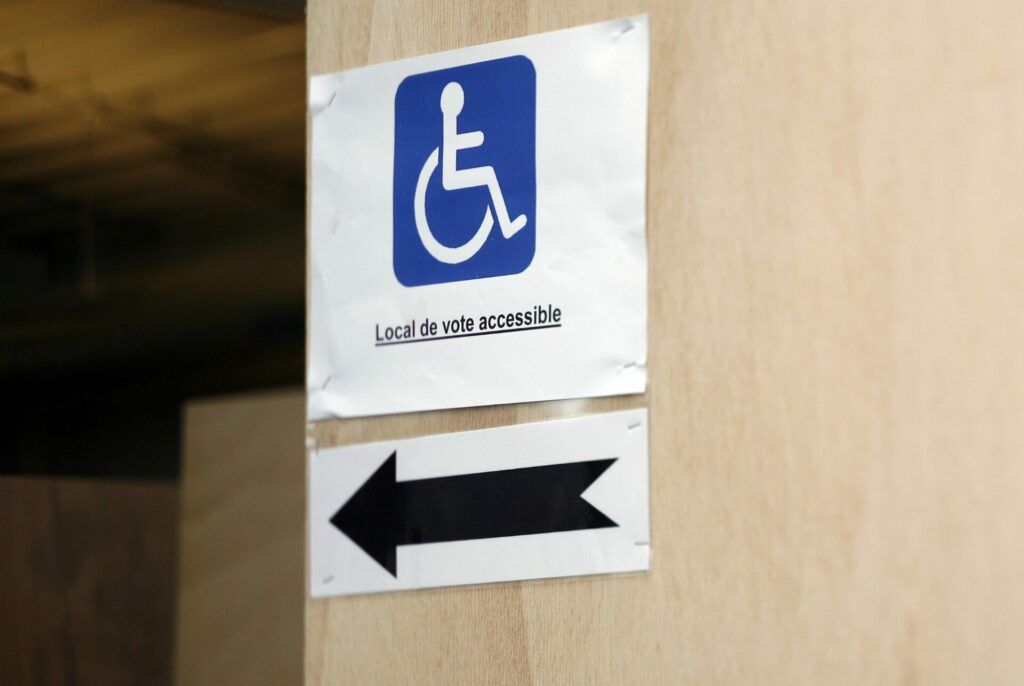When it comes to ensuring accessibility to all public buildings for people with disabilities, Brussels is running behind the other regions. Now a resolution aims to guarantee accessibility for all in the coming decade.
On Monday, the Brussels Parliament's Territorial Development Committee approved a resolution calling on the regional government to ensure accessibility to these buildings for people of all disabilities, whether physical, sensory, mental, psychological, cognitive or multiple disabilities, by 2033.
"The city should be accessible to everyone. Barriers, both literal and figurative, must be addressed proactively," MP Hilde Sabbe (one.brussels) noted following the vote, which passed with an easy majority.
The resolution followed a hearing with representatives of organisations by and for people with disabilities. The committee called on the Government to translate this objective into a legal framework ensuring universal accessibility, starting with government buildings.
"Treating everyone equally is essential. A city on people's terms is a city for everyone. It goes without saying that the government should lead by example and work towards universally accessible buildings," Green party (Groen) MP Soetkin Hoessen noted.
Holding institutions to account
The resolution includes the requirement of a prior accessibility test, which entails evaluating the accessibility level of buildings and ensuring that buildings and services meet universal accessibility standards, as has been the case in Flanders for more than a decade.
"Access to public buildings for people with disabilities is unfortunately not running smoothly in Brussels. In Flanders, the regulatory framework was already adapted in 2010 with clear ground rules for architects and administrations at different levels of government," MP Mathias Vanden Borre (N-VA) said.
Related News
- Brussels public services failing to integrate employees with disabilities
- 'Freedom Drive': Disabled Belgians demonstrate in Brussels for improved rights
The committee is also calling for a monitoring body to determine compliance with the resolution, which envisages the possibility of introducing a sanction system from 2033 for public institutions that are still not accessible to people with disabilities by this point.

